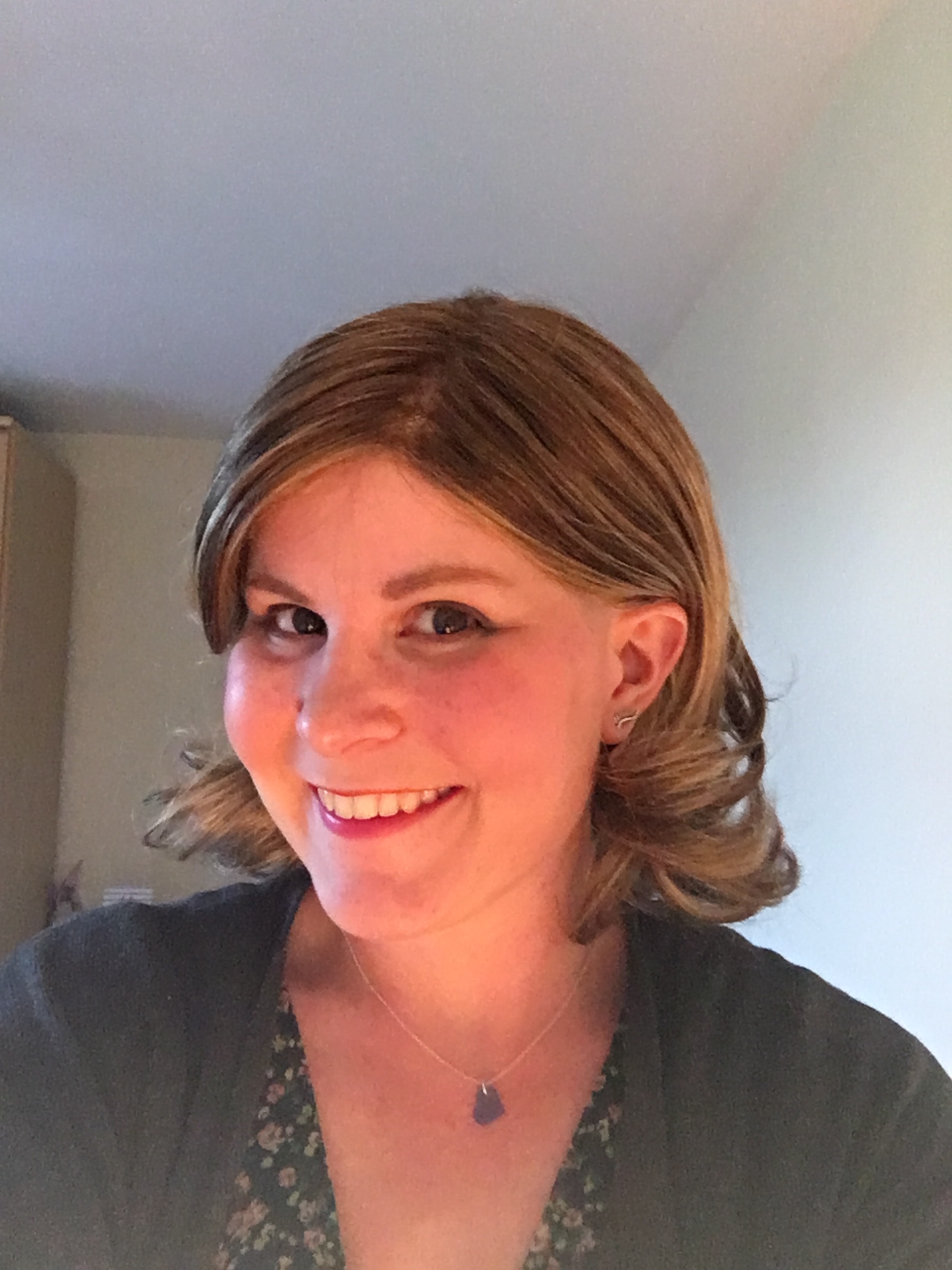 Some years ago, as an earnest second year student, I walked into a shop opposite Edinburgh’s old medical school, and came out with a hunter green, entry level stethoscope. The purchase felt momentous, a symbol that I was truly on my way to becoming a doctor. It was paid for by my grandparents, who both left school at fourteen, and were incredibly proud to have a doctor in the family. They died within a year of buying me that gift but I thought of them often as I took it along to bedside teaching, finals and then my foundation jobs.
Some years ago, as an earnest second year student, I walked into a shop opposite Edinburgh’s old medical school, and came out with a hunter green, entry level stethoscope. The purchase felt momentous, a symbol that I was truly on my way to becoming a doctor. It was paid for by my grandparents, who both left school at fourteen, and were incredibly proud to have a doctor in the family. They died within a year of buying me that gift but I thought of them often as I took it along to bedside teaching, finals and then my foundation jobs.
As a Core Medical Trainee preparing for PACEs, I felt a slight sense of betrayal as I placed an order for a more advanced model, this time in blue, something that would make me look as though I had a shot at hearing all of those elusive diastolic murmurs. It was another symbol, another milestone, a moment of pinning my colours to the mast. I passed the exam, and received my MRCP. I occasionally even heard those murmurs.
After CMT my partner and I moved to Invercargill in New Zealand. Some months in, the tubing on the trusted blue stethoscope unexpectedly cracked. It was sent home for repair, and the replacement was posted to my family, who were due to visit in about six weeks. In the meantime, a kind consultant offered me her spare, black, well used, and much heavier than my own, stethoscope. It did the job, but didn’t feel the same.
That spare was around my neck some weeks later, when, while on call, I had a phone call from my own GP. I had visited him about some rapidly evolving and worrying symptoms, my differential diagnoses listed, in meticulous order, on a post-it note in my hand. It was not good news, but no surprise; my bloods were grossly abnormal. I approached the kind consultant for another favour; to book my CT, and to oversee my care. Four days later, she confirmed that my instinct was correct and that I did indeed have lymphoma. Classical Hodgkins on pathology. Stage 4b.
We landed in the UK two days before my parents were due to have flown to New Zealand to meet us. When I entered my childhood bedroom, my brand-new replacement stethoscope was on the shelf, perfect and untouched in a shiny box. I couldn’t quite bear to look at it. I was used to giving care, but the adjustment to suddenly needing care myself was difficult and disorientating. I quickly found myself spending long, dreary days in hospital, having gruelling chemotherapy instead of conducting ward rounds, taking handfuls of pills rather than prescribing them, and experiencing a long list of side effects that I’d previously memorised for my postgraduate exams. At low points, I would stare at the shiny box and wonder if the day I was sent home, would turn out to be my last day as a doctor. At my very lowest, I would wonder if the only time I would wear that new stethoscope would be for my own cremation. It became a symbol of who I’d been, and what I’d lost, and the identities that had been taken from me.
Seven months later, in possession of a reassuring post-treatment scan and a deceptive wig, I stepped through the hospital doors for my first day back at work. It was something of a homecoming, and a promise of some normality—days with structure, and purpose, with work clothes and smart shoes, all of which I’d sorely missed. I found my new ward, unpacked the shiny box and—just like that—something fell back into place. Within minutes I was seeing patients and sounding chests, firmly, at least for now, on the easiest end of the stethoscope.
Unsurprisingly, my experience has had an impact on how I view and understand significant illness. My first two stethoscopes looked forward in anticipation of my future, whereas my third looks to the past, when it sat on a shelf and threatened to stay there. Each day back, in a job I truly love, feels like a gift as does the accompanying normality, something I had not fully appreciated before my illness. Being able to care for others again, as a reassuring, steadying presence in the midst of vulnerability and uncertainty, is now a very special privilege, having experienced true vulnerability and uncertainty myself. Lastly, I am now more aware of how disruptive a major diagnosis can be to one’s identity, and how my patients may also have their own personal symbols of loss in their own shiny boxes, which they may, or may not, get to unpack.
Charlotte Squires is an ST3 in acute medicine at the Borders General Hospital in Melrose, Scotland. With thanks to the Nottingham City Haematology Department, where she received her chemotherapy.
Competing interests: None declared
Twitter: @charsquires
